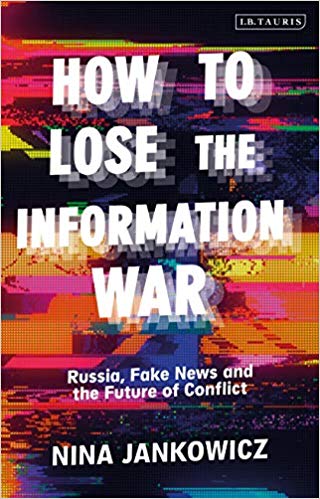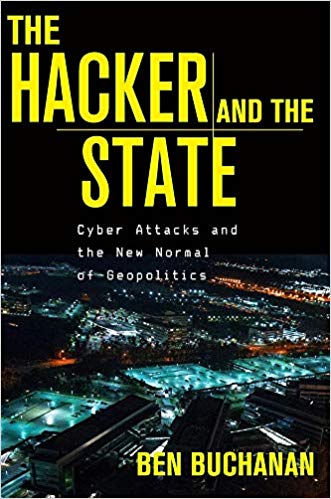Hacking experts are warning of a growing potential for attacks on the 2020 election that could leave in doubt who the winner is, leading to political chaos and deeper distrust within the nation.
In one scenario just laid out, foreign digital enemies would bump voters from registration lists, causing disarray at the polls and an eventual media frenzy over unfair elections.

In another, the attack would come from domestic meddlers distorting actual news to attack candidates or a replay of the 2016 hack of Democratic Party emails followed by a leak of the most damaging.
“The potential for another hack and leak operation is extremely high,” said Nina Jankowicz, a disinformation expert. “That is worrisome,” added Jankowicz, whose book on online warfare, How to Lose the Information War, is expected in the summer.
Ben Buchanan, who has investigated famous world hacking attacks and just published, The Hacker and the State, said voter meddling is the top concern going into the 2020 elections.
Buchanan, who joined Jankowicz at a briefing hosted by the Woodrow Wilson International Center for Scholars, said a likely Russian attack would be on voter rolls.
“We have a saying in the elections business, that elections have two purposes, and the first is to pick the winner, and the second is to convince the loser that they’ve lost. I think that the opportunity to interfere with the second purpose is very ripe in 2020 for Russia or other nations’ operatives to try to sow disinformation or chaos on or after Election Day,” said Buchanan.
One idea: Remove voters from registration rolls.”They want to vote, and they are told they can’t vote,” he said.
And while the facts and votes could be sorted out, it would throw the results in doubt. “The perception of illegitimacy would be more challenging to overcome,” he said, adding, “If I were Russia, that’s probably where I would put my chips.”

Jankowicz said that domestic sources are also a worry. She cited private online groups that have threatened attacks, especially in the form of disinformation meant to confuse voters.
“I think that the underestimation of domestic disinformation is the biggest misconception,” she said. “Even with the Iowa caucus [ballot blunder] a couple of weeks ago, the immediate reaction was, ‘Has Russia done this?’ But actually, it was the Democratic mess-up, and there was a lot of disinformation domestically coming from the Left and the Right about the aftermath of it, and I think that’s our biggest vulnerability,” she said.
Jankowicz added that even legitimate political campaigns can play a disinformation role, though maybe not a malicious one.
She was asked, for example, about Democrat Michael Bloomberg’s ads that feature President Barack Obama’s praise for the former New York City mayor, which some could consider an endorsement, even though Obama has so far stayed out of the primary.
While not disinformation, she said, “I think it’s irresponsible …”
Correction: A prior version included a quote from Buchanan about a hypothetical hack attack on Wisconsin voter rolls that officials said they’ve prevented.

